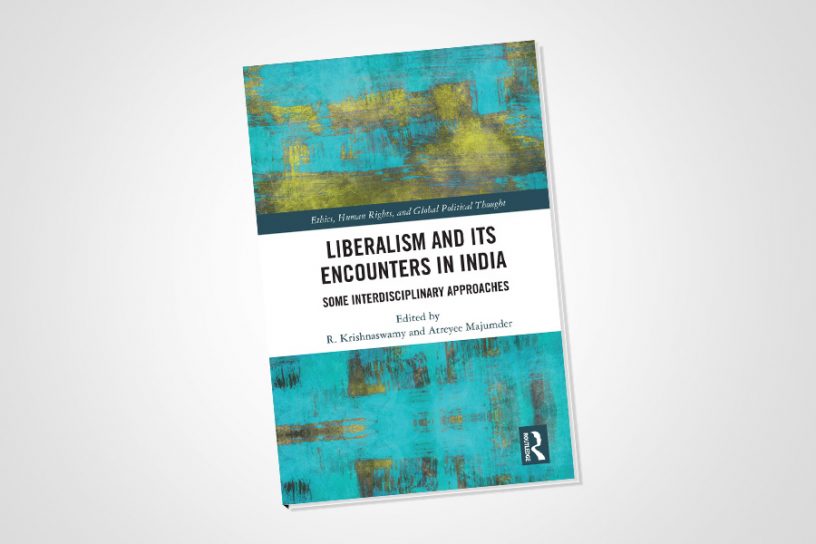
Postcolonial India has witnessed the faultline of public-private realms along which questions of social and cultural injustice are fought.
Authors
R. Krishnaswamy, Associate Professor, Jindal School of Liberal Arts & Humanities, O.P. Jindal Global University, Sonipat, Haryana, India.
Atreyee Majumder, National Law School, India University, India.
Summary
Political disputes come through the disconnect in the vocabulary that people use to understand their aims and purposes. This habitation of liberalism, in the postcolonial afterlife, throws up various scaffoldings of liberal identity that made demands on the postcolonial state in the public sphere for recognition and redistribution. Liberalism and its wide reception across social strata opened a window of creative opportunity for various combinations and alliances to arise in the wake of decolonization.
The challenge proximates, without rigorously replicating or fleshing out, what in anthropological circuits, has been called the ‘restitution of intelligibility’ argument. The public-private divide became one of the primary habitational strategies for the liberal individual person. In postcolonial India, we witness the faultline of public-private realms along which questions of social and cultural injustice are fought. The case for reservations in public institutions of education and employment are examples of such public battles.
Published in: Liberalism and its Encounters in India: Some Interdisciplinary Approaches, Routledge India.
To read the full chapter, please click here.


